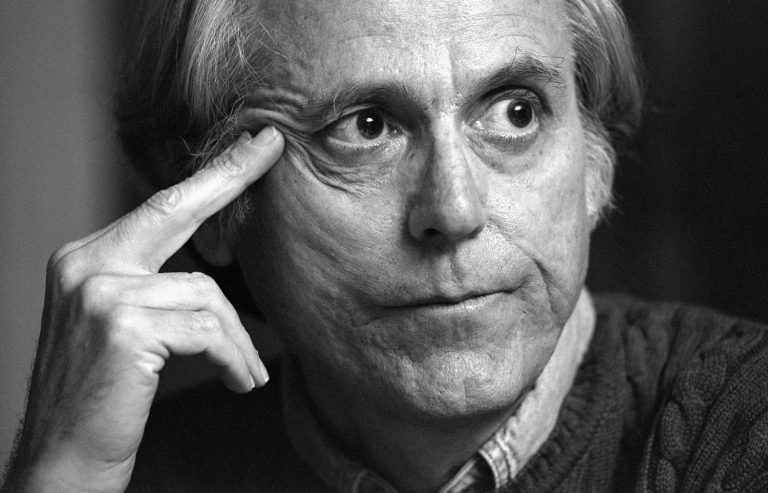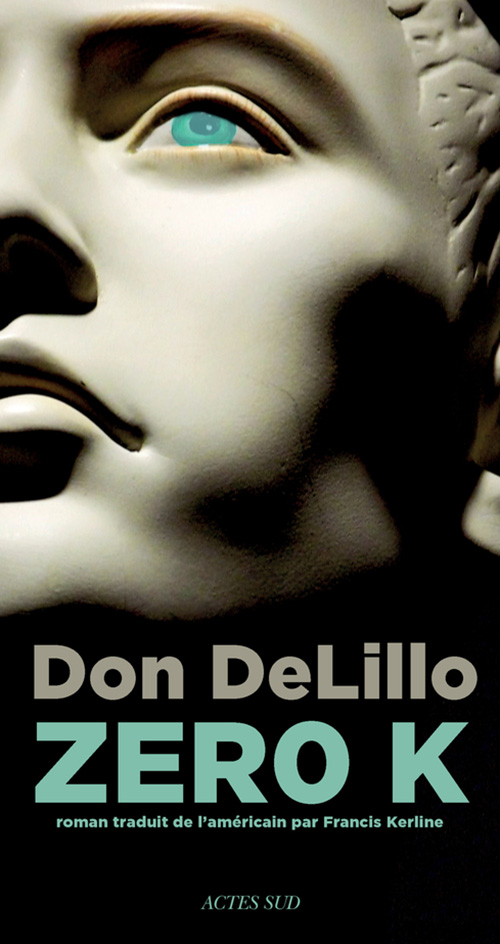

By offering novel ways in which difference, multiplicity, and fragmentation might be mobilized creatively, this plurality of agents addresses a new mode of acting which moves beyond rational models of intentionality and collective unity. Postmodernism dissociates itself from the assumed rationality, unity, and mastery of the Cartesian subject and favours multiple subjectivities rather than one ideal subjecthood. Whether examples of posthumanist literature – in this strong, ‘literal’, stylistic sense – can actually exist is explored through a reading of Don Delillo’s Point Omega and Zero K.

Stylistically, however, a posthumanist literature will have to display a level of self-reflexion that problematizes the very idea of the literary as a practice and of literature as an (eminently humanist) institution.

Thematically, posthuman/ist literature is concerned with a variety of topics that are associated with figurations of the posthuman: climate change, artificial intelligence, androids and robots, the Anthropocene, enhancement, postanthropocentrism, the question of the animal, object ontology, cyborgisation and dis/embodiment, non/human futures, to name just the most obvious. Through a close reading of some contemporary examples it shows that literature can follow a number of paths to engage with posthumanism (as a discourse) and the posthuman (as a figure) and thus respond to the ongoing (social, technological, ecological…) process of posthumanisation.

It differentiates between a literature of the posthuman and posthumanist literature. This essay discusses the connection between posthumanism, the posthuman, and posthumanisation, on the one hand, and literature, the literary and post-literary (or the survival of literature), on the other hand. The question mark in the title gestures towards the conundrum that something like posthumanist literature might well be a contradiction in terms.


 0 kommentar(er)
0 kommentar(er)
